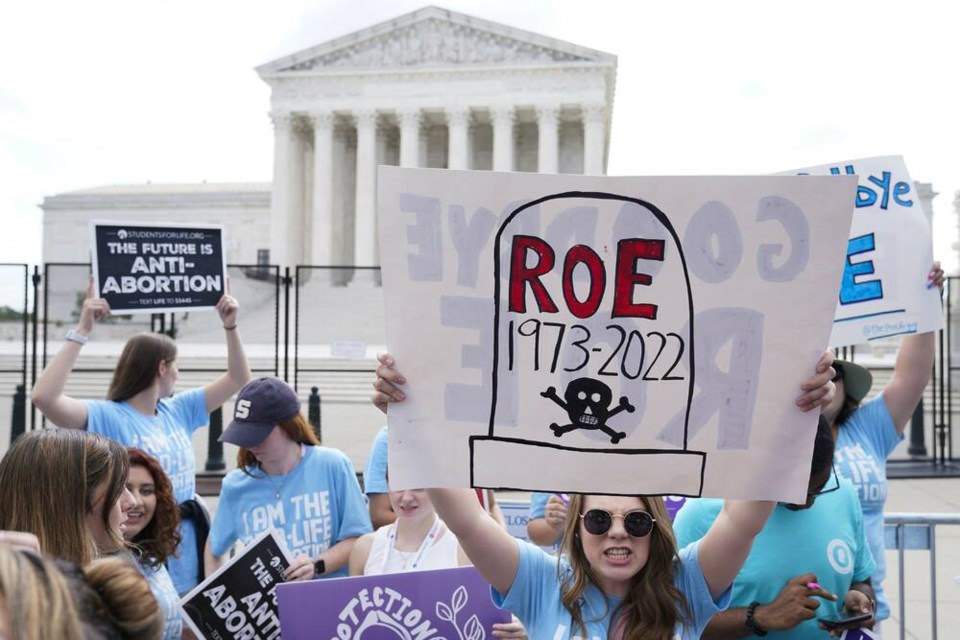The U.S. Supreme Court ended constitutional protections for abortion on Friday, with its conservative majority overturning Roe v. Wade in a 6-3 vote.
The decision is expected to lead to abortion bans in roughly half the states, though not in Colorado. The ruling in Dobbs v. Jackson Women’s Health Organization finds that the Constitution does not confer a right to abortion, overturning the standards set in Planned Parenthood v. Casey and Roe v. Wade.
It comes more than a month after a leak of a draft opinion by Justice Samuel Alito indicated the court was preparing to take this step.
Politicians and nonprofits in Colorado are emphasizing that while the nearly 50 years of federal abortion protections have been removed, Colorado has codified the right to an abortion in state law.
“The immediate impact of today’s decision is that each state will set their own law and policy on access to abortion services,” said Mardi Moore, executive director of Out Boulder County, in a statement. “Some states have trigger laws that will immediately kick in to ban abortion or severely limit access. It is important that residents of Colorado and those seeking abortion care here know that access to abortion remains a legal right protected by state law.”
In April, Colorado Gov. Jared Polis signed the Reproductive Health Equity Act, which codified protections to ensure that abortion and choice remain legal in Colorado.
“In Colorado, we will continue to choose freedom and we stand against government control over our bodies,” Polis said in a release. “State leadership matters now more than ever and in Colorado we will not retreat to an archaic era where the powerful few controlled the freedoms over our bodies and health decisions.”
Colorado Attorney General Phil Weiser called the ruling “legally incorrect” and “a momentous mistake” in a release issued Friday. He also emphasized that abortion protections remain in place in Colorado for all who seek care.
“The Dobbs decision does not curtail these rights in Colorado and these protections remain available for all seeking reproductive healthcare in our state regardless of their residency,” Weiser said. “I will continue to defend these rights and work to protect Colorado’s medical professionals who provide reproductive care to all who seek it in our state.”
Weiser emphasized that he would “stand firm” in protecting freedoms, whether that is access to the morning after pill, birth control or marriage equality — something that advocates fear may also see challenges in the near future.
“The legal right to abortion established by the court in Roe v. Wade and the other rights, including marriage equality, based on the legal reasoning in the Roe v. Wade opinion are under a concerted attack,” Moore said. “Out Boulder County is committed to doing our part to protect all of our rights including the right to abortion and to marriage equality. We will continue to work tirelessly to do our part to ensure that people maintain the right to make decisions about their own bodies, identities and who they love without facing discrimination or violence.”
Colorado was the first state to legalize abortion, which was signed into law by Republican Governor John Love in 1967.



